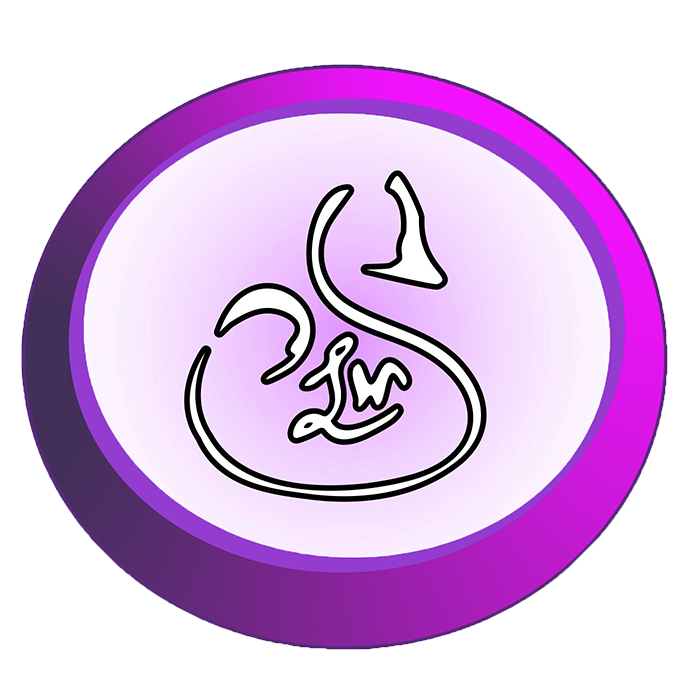Couples Therapy Method: Cognitive Behavioral Therapy
Couples Therapy Method: Cognitive Behavioral Therapy

Cognitive behavioral therapy (CBT) consists of changing our thought patterns to those that create more positive outcomes in our lives. Because we have a tendency to believe the “self-talk” that we tell ourselves in our minds, what we repeat mentally to ourselves has a tremendous effect on what manifests in our lives. CBT leverages this phenomenon to affect the way we relate to the world by changing the way we think and feel about it.
CBT for Couples
While cognitive behavioral therapy is a popular methodology in individual psychotherapy sessions, CBT can be and often is also used in couple’s therapy. CBT helps the individual members of a relationship to change their behavior in ways that are beneficial to the relationship as a whole. The mechanism behind the changes in a couples setting is similar to that of the individual. The partners in a couple are made to reflect on, challenge and eventually change their thoughts in order to make behavioral changes.
Cognitive behavioral therapy can be the only mode of therapy or used in conjunction with other methods such as assertiveness training.
Defining the Challenges
When we plan to make behavioral changes in a relationship setting, we must first identify and discuss how certain occurrences, circumstances and actions cause stress in the relationship. These stress-causing moments are called stressors and the way we think about them often affects the way we react to them. Stressors may include job-related situations, health concerns, influences by outside people in the relationship and the past history of the individuals in the couple.
Once identified, the next step is to, as individuals and as a couple, express the way you feel when these stressors arise. As you examine the emotions these stressors can cause in you and your partner, you both learn about the others reactions to them and can compare them to your own. This is the cognitive part of the analysis.
The thoughts we have become words and actions. Often these actions become ingrained as habits. The actions and habits we form around the beliefs and emotions we have about these stressors can either improve the stressful situation or make it worse. The therapist will guide you as a couple to identify these actions and habits with a view to understanding how they impact the relationship. This is the behavioral part of the analysis.
Only when we analyze the cognitive and behavioral causes of the strains in a relationship can we begin to search for ways to resolve them. To find these resolutions to the problem, you can work with your therapist to find alternative ways to think and feel about the various stressors leading to behaviors and habits that are healthier for you as individuals and as a couple.
“The thoughts we have become words and actions. Often these actions become ingrained as habits.”
Looking at What You Believe as a Couple vs as Individuals
Outside of the thoughts caused by stressors in a relationship, there are many other thoughts that go through our minds on a daily basis. These thoughts are more often than not related to core beliefs we hold as individuals. When we identify our core beliefs and learn how the create thoughts in our minds, a therapist can work with you to address the words, behaviors and habits that result using CBT in the same way as described above
The Psychotherapist as Facilitator
A psychotherapist who uses CBT to resolve issues in a relationship leads discussion and rather than dictates it. As a couple and as individuals, you actively state what you feel and reveal what you do in certain circumstances. The role of the therapist is simply to make it easier for the couple to understand what is happening in their minds and how these thoughts manifest into words, actions and habits that can either hurt or help a relationship.
Your psychotherapist plays a passive but important role in the discovery process by guiding the discussion in an ever-helpful direction. They may also provide knowledge of the techniques being used and conceptually explain how they work. To maximize the results of CBT, the most effective psychotherapists will often assign “homework” for you as a couple to complete or practice when you are not in session.
However, it is important to know that, as a couple and as individuals, you are both in charge of your own results. Your decisions and actions in and out of the sessions will determine the success of the therapy.
Alina Sosa-Perez, Psychotherapist
Alina Sosa-Perez has many years of experience providing psychotherapy services for people of all ages, ranging from young adults in their 20s to older adults. She has been trained in several therapeutic techniques, including cognitive-behavioral therapy, solution-focused therapy, positive psychology, mind/body, and more.
She can work with you on an individual level to identify family dynamics or other factors that have contributed to conflict in your personal and work relationships. She also offers couples therapy to help you and your partner work together toward having a more harmonious relationship. With her help, you can gain meaningful insight and the ability to experience real intimacy with those you love.
She provides a safe and supportive environment to work through difficult issues. She focuses on helping you heal your relationships and achieve more satisfaction with all aspects of your life. She understands your desire to resolve the problems expeditiously and will help you achieve your therapy goals as quickly as possible. Contact us to set up an appointment.
Call Me
+1 (305) 608-6462
Mail Me
Reach Me
2627 NE 203rd St STE 214,
Aventura, FL 33180,
United States
The Best Relationship Series
A Self-Care Transformation Guide









